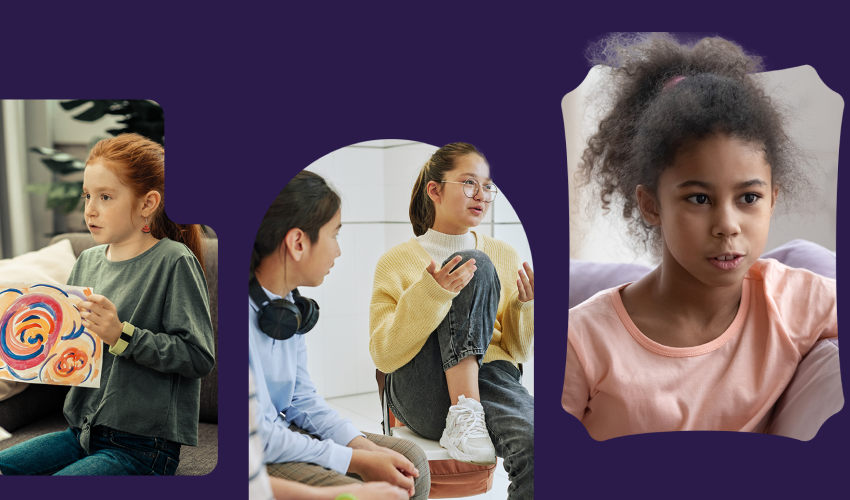Nursing Associates work alongside registered nurses to care for children and young people with emotional and mental health needs.

Nursing Associates play a vital role in making sure children and young people get the support they need. You will work alongside and under the supervision of registered nurses, enabling them to focus on more complex clinical duties.
You should be passionate about children and young peoples mental health and looking for a role where you can make a real difference.
You should have experience of working with children and young people with emotional and mental health needs.
You will need to be flexible and adaptable, having a commitment to improving service delivery and developing new ways of supporting intervention through engagement with children, young people, their parents and carers.
- Work as part of a designated clinical and care team delivering care that focuses on the direct needs of the individual
- Carry out specific clinical and care tasks and responsibilities to a high standard and competency, under the direction of a registered nurse
- Promote and improve the mental health and wellbeing of children and young people
- Deliver psychoeducation sessions to children and young people through group work packaged
- Deliver support to parents and carers in one to one and group sessions
- Support allocated workers with complex cases and offering additional visits to provide intervention
- Update progress notes and supporting allocated workers with care plans and risk assessments
Opens in a new tab

Answer.
I wanted to study nursing at university, but I wanted to do children’s health nursing and a nursing associate degree was available. I applied and it was fully funded so I got paid at the same time as completing it. It was a huge help financially rather than having to take out student loans.
You’re not necessarily guaranteed a job at the end of it, but they help you and don’t leave you on your own at the end of the course. It was good to know that support was in place.
I thought by the end of my course, I’ll go and work on a physical health ward but then I just really enjoyed doing the mental health side of it.
I do three or four sets of observations which could be anything from one-to-ones to time in seclusion. It all depends on how busy the ward is. I do activities with the young people where we go on trips, just even to Starbucks. It’s a little treat just to take them out. I also try to do a one-to-one with my key patients at least once a week.
Then I complete care plans and risk assessments which need updating weekly and I do family contact with my patient’s parents.
If any additional training comes out, I’ll always go and take part. Someone from the trust came in to do education on going smoke free and how we can encourage young people to have nicotine replacement therapy instead of smoking. We found out about further training and where we can go and learn more.
The patients. For example, we have a patient with psychosis and she couldn’t remember what my name was, so she always used to call me the name of a celebrity. One day, I walked in the ward and she said Alyssa, and that was the first time I’d ever heard her say my name. I didn’t even think she knew my name. So that was really nice that she actually knew who I was. That was like a stepping-stone to see her getting better.
You need to be patient and caring and have empathy – you need to be understanding of their situation and non-judgmental. Sometimes even just sitting and listening and not speaking to them.
I tried building on myself before I applied for the role. Make sure that you feel as though you’re capable of the job and you’re in the right headspace. We connect to vulnerable people, so you need to make sure that you’re okay to be able to provide the best level of care.
I have my health and social care qualification from college and I have my children’s learning and development. But sometimes, just having personal experience is better. Having family members or other people that you may have helped. It doesn’t always have to be like a qualification.
Answer.
It’s like job satisfaction at the end of the day, even if you’ve had a bad day, you know there’s always something that you’ve achieved. We always try and pull at least one positive of the day out for each patient. As we’re handing over to the next shift, we always read out that patient’s positives.
We’ve got a really nice team at the minute and we all work together. Everyone’s got each other’s backs so you can trust your team and work around them. Even if you’re having a bad day, there are other people around you that can help.

